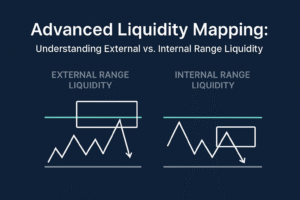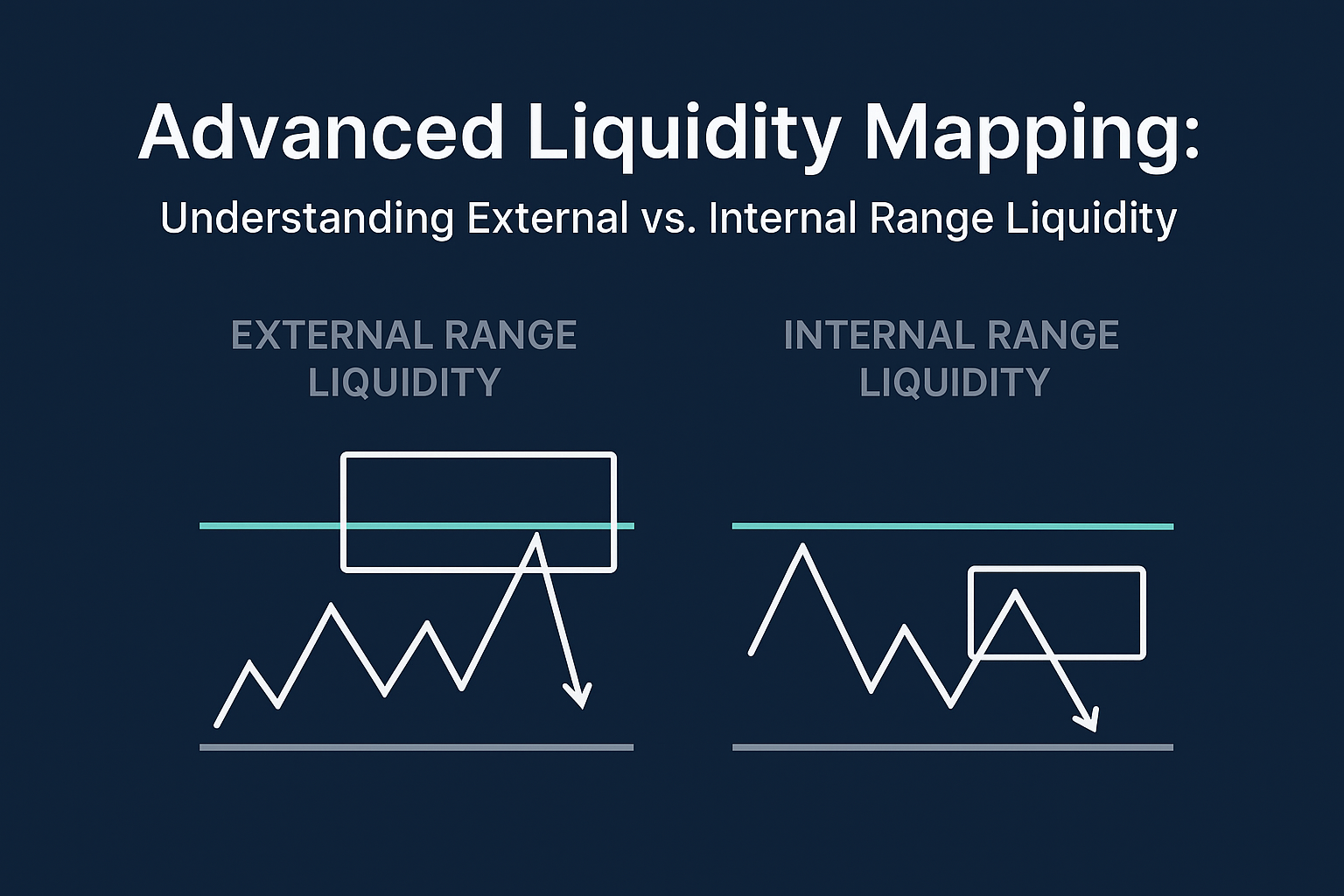For many investors, small-cap stocks hold great appeal due to their potential for significant growth. These companies, which typically have market capitalizations of between $300 million and $2 billion, may not boast the stability or recognition of their large-cap counterparts, but they can offer exciting opportunities for investors willing to shoulder a bit of risk. One way to access the potential and diversity of small-cap stocks is through a small-cap fund, which pools investor money to invest in these smaller companies.
One small-cap fund attracting considerable attention among investors is the Quant Small Cap Fund (QSCF), primarily for its recent decision to stop accepting lumpsum investments.
What are Lumpsum Investments?
Before we delve into QSCF’s decision, let’s clarify what lumpsum investments are. Simply put, a lumpsum investment is when an investor decides to put in a substantial amount of money into a fund at once. This contrasts with a systematic investment plan (SIP), where an investor channels a fixed amount into a fund at regular intervals, such as monthly or quarterly. Each method has its pros and cons, and the choice between them depends largely on the investor’s financial goals, risk appetite, and market conditions.
The speculation regarding Quant Small Cap Fund
Recently, there has been a lot of speculation and confusion among potential investors about whether QSCF is still accepting lumpsum investments. Fund houses often limit lumpsum contributions when they feel that large inflows of money could disrupt the fund’s investment strategy or adversely impact existing investors.
It is important to note that not all fund managers will take this step. Some may be confident in their ability to put new capital to work effectively, or they may believe that the potential benefits, such as economies of scale and increased liquidity, outweigh the possible downsides.
QSCF’s Stance on Lumpsum Investment
In QSCF’s case, the fund decided to suspend lumpsum investments in December 2020. The fund house made this move in response to the sharp inflow of capital it experienced after delivering outstanding performance over the past year. As a result of this drastic increase in investment, QSCF’s market capitalization significantly increased and forced the fund to re-evaluate its existing investment strategies to ensure the interest and safety of its investors.
Such decisions are actually quite common in the mutual fund industry. For instance, a few years ago, IDFC Premier Equity Fund and DSP Blackrock Micro Cap Fund stopped accepting lumpsum investments due to similar situations.
Being a small-cap fund, QSCF focuses on investing in companies with low market capitalization. When there is a huge influx of capital, the fund might have to invest in large-cap or mid-cap companies, which changes the fund’s nature and the risk-return trade-off. To prevent this situation and maintain the fund’s purity, QSCF decided to stop accepting lumpsum investments.
Conclusion
In conclusion, QSCF is currently not accepting lumpsum investments based on their decision made in late 2020. They believe this step was necessary to ensure the fund can effectively manage its investment strategy and continue to deliver competitive returns to its existing investors.
This decision does not in any way reflect negatively on QSCF. Rather, potential investors should take it as the fund management’s pragmatism and dedication towards the fund’s primary objective and investor’s interest.
While the decision may limit the investment options for those who prefer making lumpsum investments, one can still gain exposure to the fund’s potential by investing through SIPs.
It is always advisable to closely monitor the fund’s strategies, their holdings, and market conditions while investing. Remember to diversify your portfolio adequately and don’t put all your eggs in one basket regardless of the investment style you choose.
In essence, the Quant Small Cap Fund’s suspension of lumpsum investments signals their commitment to maintain the purity of the fund’s objective and to protect the interests of its existing investors. This thoughtful decision-making is precisely what you want to see in a fund house looking after your hard-earned money.
If you are considering investing in small-cap funds, whether in lumpsum or systematic investments, make sure to do your due diligence in understanding the fund house’s strategies and risks associated with this asset class to align with your financial goals and risk appetite. Don’t forget, the key to successful investing lies in patience and consistency.













